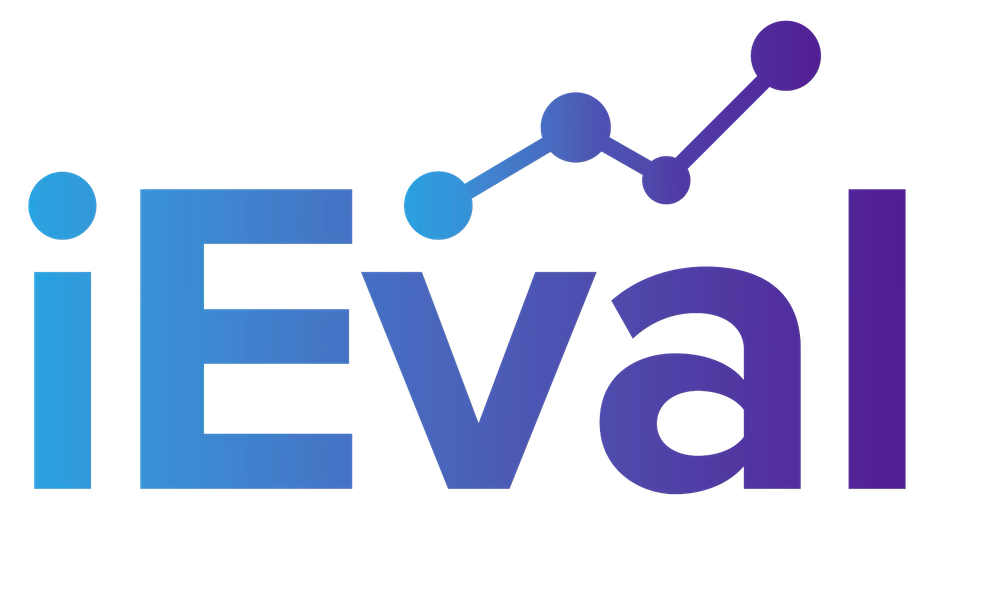I took the summer off from blogging and evaluation work as our family welcomed our third child in June. I’m back at both, and reflecting on life with a new baby. I’m finding lessons learned from a life with a baby that can be translated into my evaluation work.
1. Sometimes life doesn’t follow the plan you set.
My daughter was born 12 days past her due date. My two other children were born before their due dates. Following previous experience, baby #3 should have also been early. However, she took her time. As I was impatiently waiting for her arrival, people kept reminding me babies come when they are ready. My plan was not her plan.
In evaluation, it’s important to create an evaluation plan. The evaluation plan guides the evaluation, ensuring you are collecting the data you need at the correct times. But what happens when things don’t follow the plan? What happens if the program changes, if there is a snow day, staff quits, schools shut down or any other things that happen during a program? Evaluation plans may have to change. The evaluator needs to be in tune with the program and make the changes you need to complete the evaluation.
2. Use the proper tool for the job.
Babies require a lot of stuff, including diapers and wipes. Since I have two older kids, I have everything pretty much streamlined, including my favorite diapers and wipes. However, we recently had a Costco open near us and people had been telling me how amazing Costco wipes are. I went to Costco and bought what I thought were the amazing Costco baby wipes. I brought them home and didn’t like them at all. They had a sickening sweet smell and were too small to do the job. As I looked closer at the package, I realized I bought flushable wipes, not baby wipes. Although they were similar, they weren’t the right tool for the job.
This can happen in evaluation. Maybe you have a survey you really like and always use. What do you do when a new tool comes on the scene? Or maybe your client is pressuring you do something different from what you know works. You need to review new tools carefully. Has there been done reliability and validity testing done? Will the tool answer the questions you need? Maybe you just need to update the surveys you have? Make sure you use the proper tools for the job.
3. Life goes on.
I have a three year old, a two year old, and a new baby. My days are filled from morning to night with changing diapers, refilling sippy cups, cleaning up spills, and figuring out what to feed people who require at least three meals a day. It gets stressful and tiring. Days run into each other. But I am always surprised at how quickly the week goes by and I find myself at another weekend. No matter what happens, we get through it.
Like life with three small kids, evaluation projects move forward, no matter what. I have worked on some stressful evaluation projects, some of which included tight deadlines, moving targets, programs changing, PI’s leaving, surveys not getting administered at the right time, or clients wanting different results. Projects can be stressful but they do, eventually, end. As I enter my second decade of working in this field, I am much better at taking things as they come and realizing that even if it seems like the program is imploding, life goes on.
DR. EVERETT’S USEFUL TIP: People always say the first year of a baby’s life flies by…because it’s true. This can also be true for a project. Make sure you schedule regular check-in with project staff because a project can be over before you know it!

